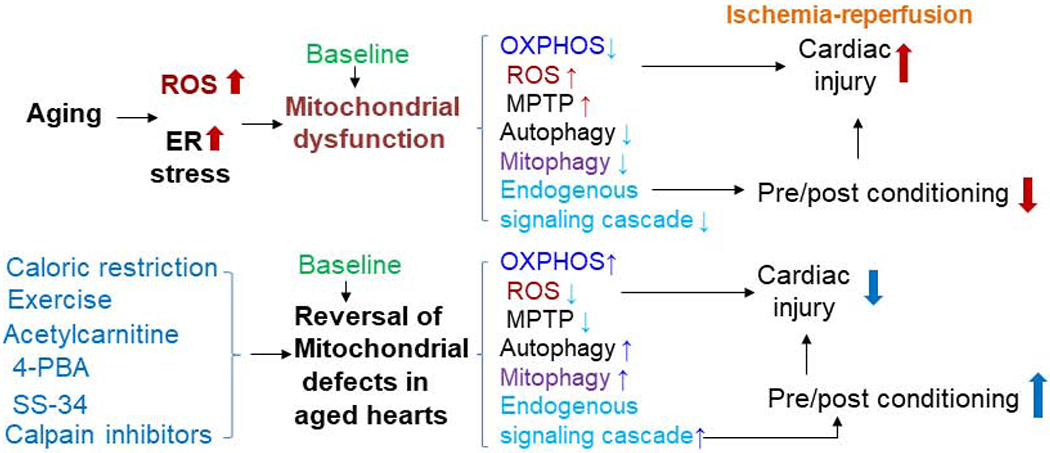Figure 2: Potential approaches to decrease cardiac injury in the aged hearts.

The mitochondrial defect increases cardiac injury in the aged hearts by decreasing oxidative phosphorylation, increasing ROS formation, sensitizing to MPTP opening and decreasing autophagy and mitophagy. The impaired endogenous signal transduction leads to decreased protection from approaches depending on signaling activation. Restoration of the mitochondrial defect in the aged hearts in the baseline condition by using acetylcarnitine or 4-PBA (4-phenylbutyric acid) decreases cardiac injury during ischemia-reperfusion. In addition, restoration of the mitochondrial defect in the aged hearts may decrease cardiac injury by reviving classic therapeutic approaches. Treatment with calpain inhibitors is another potential approach to restore mitochondrial function in the aged heats.
